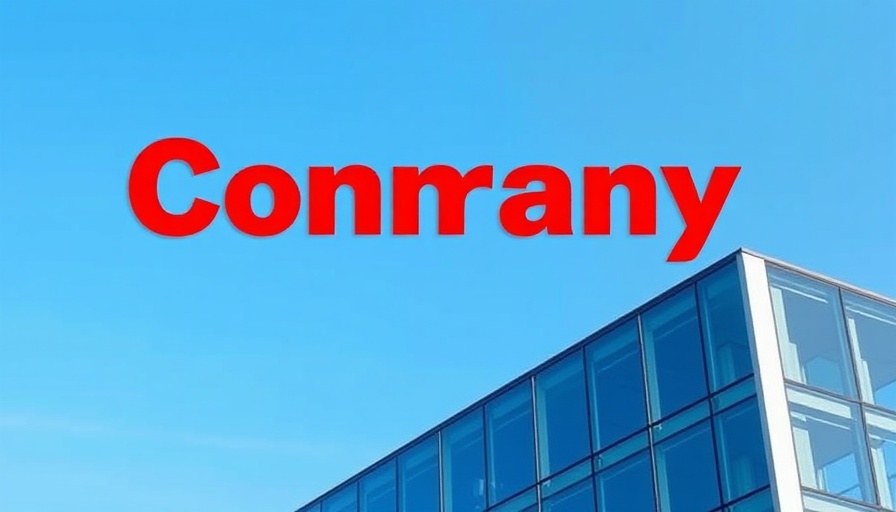
Understanding the Legal Battle Over Drug Discounts
In a significant legal maneuver, hospitals are stepping in to defend a pivotal drug discount program, known as 340B, amid a lawsuit filed by pharmaceutical giant Johnson & Johnson (J&J) against the U.S. Department of Health and Human Services (HHS). This dispute highlights the ongoing tension between healthcare providers and pharmaceutical companies over drug pricing and accessibility.
The 340B Program: A Lifeline for Safety-Net Hospitals
Established in the early 1990s, the 340B program mandates that drug manufacturers provide discounts on medications to hospitals that cater to a high volume of vulnerable patients. The program serves as a critical financial resource for safety-net hospitals, allowing them to stretch their limited budgets further and provide essential care. However, proposed changes by J&J to this discount program could significantly undermine the financial stability of these institutions.
J&J's Controversial Proposal: A New Approach to Drug Pricing
J&J's lawsuit aims to implement a new structure for distributing discounts, requiring hospitals to buy drugs at full price and seek rebates afterward. This shift in policy has faced staunch opposition from the hospital sector and various health advocacy groups, with warnings that it would compromise care delivery by forcing hospitals to front costs without guaranteed reimbursements.
Wider Implications of the Lawsuit
The outcome of this case could set a precedent for drug pricing across the country. If successful, the lawsuit might embolden other pharmaceutical companies to adopt similar rebate-based models, which could lead to increased financial strain on safety-net hospitals nationwide. This has raised alarm bells among many in the healthcare community who fear the repercussions of such a shift in policy.
The Community Impact: Who Will be Affected?
At the heart of this legal battle is the broader impact on community health. Vulnerable patients reliant on these safety-net hospitals for their healthcare could suffer if institutions struggle to provide necessary services due to rising drug costs. Ensuring the continued viability of the 340B program is not merely a matter of financial legality; it is a crucial step toward safeguarding the health of the most at-risk populations.
As the court proceedings unfold, stakeholders will be closely monitoring both the legal arguments and their everyday implications for public health and access to medications. The fight for the 340B program's integrity represents a broader struggle for equitable healthcare amid rising pharmaceutical costs.
 Add Row
Add Row  Add
Add 




Write A Comment